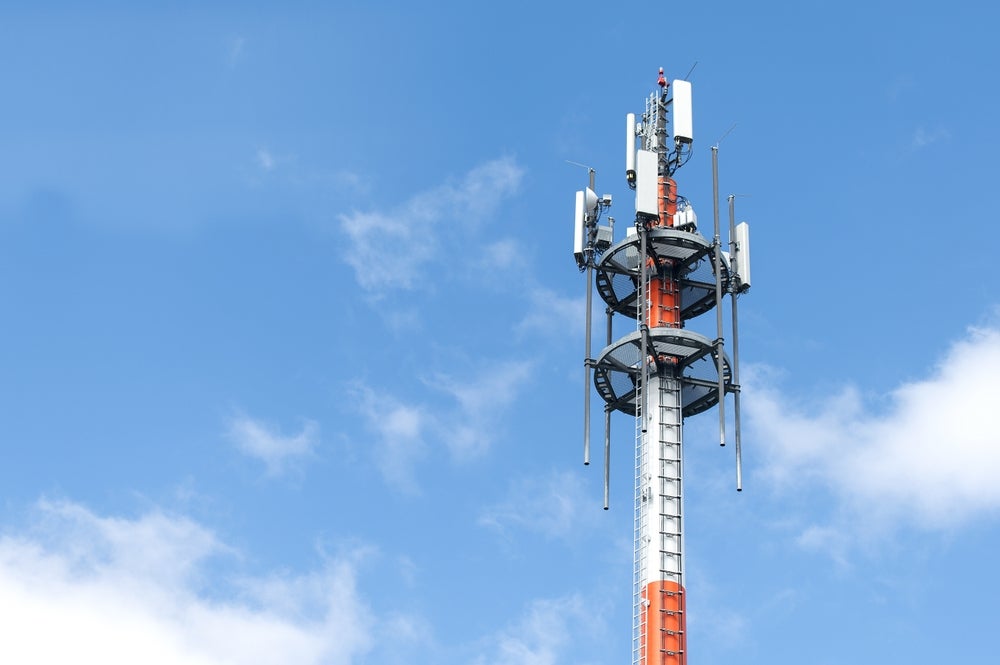
On the 5th of July 1994, Princeton graduate Jeff Bezos founded Cadabra, an online book store based in the garage of Bezos’ home in Washington.
After a subsequent name change, Amazon was born. Despite its humble beginnings, the company would go on to become the largest e-commerce company in the western world, reaching a trillion dollar valuation in 2018, becoming the second most valuable company on Earth, and making its founder the world’s richest man.
Amazon at 25
The meteoric rise of Amazon has disrupted almost every industry, with its reach now covering everything from groceries to cloud computing, books and video streaming to healthcare, and now a prominent feature of many homes, with 100 million Amazon Alexa voice assistants now deployed throughout the globe.
However, the company has not avoided its fair share of negative attention, with working conditions and low wages in some of its warehouses, as well as the gargantuan earnings of its top execs, tarnishing the company’s reputation.
According to the Telegraph, even founder Jeff Bezos is not certain that the company will still dominate the market in 25 years, commenting that “if you look at large companies, their lifespans tend to be 30-plus years, not a hundred-plus years”. With this in mind, the next 25 years could bring much change for the company.
On its 25th birthday, How could the retail giant change before its 50th ?
How well do you really know your competitors?
Access the most comprehensive Company Profiles on the market, powered by GlobalData. Save hours of research. Gain competitive edge.

Thank you!
Your download email will arrive shortly
Not ready to buy yet? Download a free sample
We are confident about the unique quality of our Company Profiles. However, we want you to make the most beneficial decision for your business, so we offer a free sample that you can download by submitting the below form
By GlobalDataHealthcare
In 2018, Amazon announced that it had bought online pharmacy Pillpack for an estimated $1bn, firmly cementing the company’s intentions of disrupting the $3.5 trillion healthcare industry.
According to CNBC, Amazon has made strides in several areas of healthcare, with its employer healthcare initiative, investment in at-home testing and even the news that Amazon Alexa may soon be capable of picking up whether a user has a cough or cold.
In the next 25 years, it looks extremely that Amazon will look to become a major player in the pharmaceutical supply chain and even health insurance itself. The company is also in the position to utilise the realms of data at its disposal to move into AI healthcare or diagnostics.
James Dye, UK business director at commercetools believes that Amazon will continue its conquest into the world of healthcare in the years to come:
“Amazon is laser focused on looking for new places where inefficient systems and high costs are ripe targets for how it can add their hyper personalised customer focus and ability to scale rapidly.
“Healthcare is one target especially since Amazon bought the PillPack online chemist delivery business that ensures customers literally take the right pills at the right time. Also for a business built on delivery, you must expect Amazon to want to gain better control over its supply chains and grow into delivery through acquisition.”
Drone power
In 2017, Amazon shipped over five billion items to location around the world through Prime. As consumers increasingly expect on-demand e-commerce, Amazon is investing heavily in new delivery methods to keep pace.
Since 2013, Amazon has been looking at ways to make this happen, primarily through its unmanned aerial vehicle venture Amazon Prime Air, with the aim of delivering packages to customers in as little as 30 minutes. Delivering its first parcel via Amazon Prime Air in 2016, the company has laid out plans to launch the service in “the coming months”.
Bricks and mortar
What may seem like an unusual move for a company that made its name in the e-commerce industry, and is often held responsible for the decline of the bricks and mortar bookshop, in recent years Amazon has opened its own physical retail stores, with Amazon Go open to the public since 2018.
According to Bloomberg Amazon has plans to open up to 3,000 Amazon Go stores across the United States by 2021, with cashier-free stores a central part of this.
Consumer champion Martin Newman predicts that Amazon will become a prominent feature of the UK highstreet in the near future:
“I predicted back in 2013 that they’d have to go multichannel, and they have. They have book stores, Amazon Go (cashlesss/cardless grocery environments), Wholefoods and Amazon 4*, selling their top rated and trending products. Amazon will become a mainstay of high street retail. I predict that they will have 100+ stores in the UK in the next five years. This is a necessity in order to continue to provide the convenience for consumers of buying ‘anything, anytime anywhere’.”
He believes that the company’s reach could go even further, maybe even entering the hospitality industry:
“I also predict that Amazon will extend the reach of their brand-by-brand extension, and going into entirely new categories in both the online and offline worlds. For example, they’re adding over the counter drugs/medicine online, how long before the have high street pharmacies? And how long before they have their own hotels or restaurants?”
Robotics
After the success of Amazon Echo and Alexa, the company is reportedly looking to take its foray into the world of artificial intelligence even further. Amazon is said to be working on a project, under the codename Vesta, to develop a domestic robot capable of moving around the home and performing basic tasks.
According to Bloomberg, Amazon subsidiary Lab126 has been recruiting for roles such as “Software Engineer, Robotics” and “Principle Sensors Engineer”, suggesting that in 25 years, Alexa may have been replaced by a more mobile counterpart.
The threat of anti-trust laws
With any company this size, the risk of falling foul of antitrust laws is ever-present. According to Reuters, the US Government may soon begin an inquiry into the likes of Amazon, Apple or Facebook may have too much control of the market.
James Dye believes that this pressure looks likely to continue:
“There will be continuing pressure on breaking Amazon up just not from regulators but also shareholders. AWS is the great profit generator that standing alone could do even better. This would also be in the interests of government authorities who may translate anxieties about Amazon’s dominance into measures that force a break-up”
However, Martin Newman believes this will not happen in the short-term:
“Due to Amazon’s scale, profitability and market dominance, they do face the prospect of the US Government forcing the business to be broken up. But I don’t see that happening in the near term.
Read more: Amazon reaches for the stars with satellite communication initiatives







